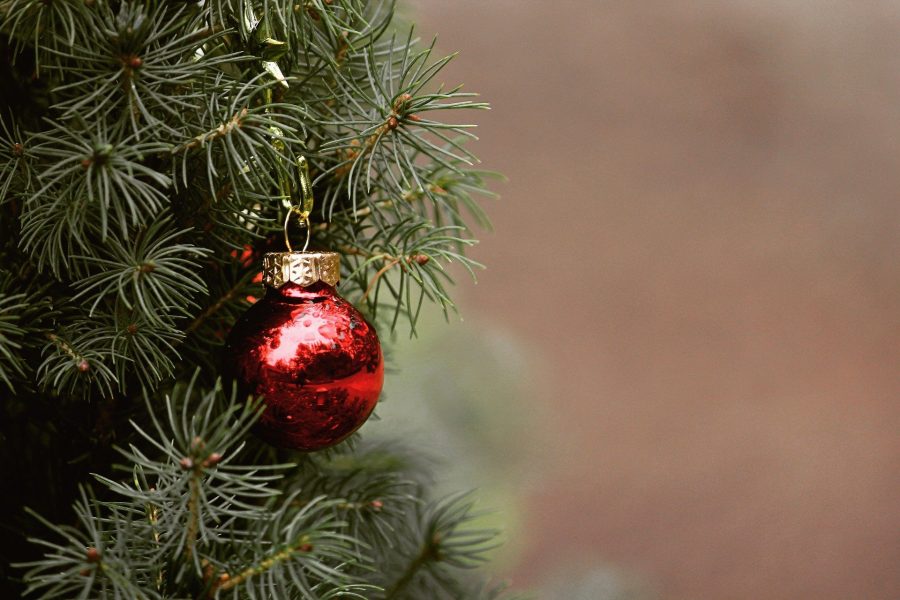When you move, things get lost, broken or both. And immigration is the biggest move there is. My mom and grandma were both born in Kolkata, India, and after a lifetime of moves through former British colonies, they ended up in Canada. By the time my brother and I entered the scene in the early 1990s as a pair of mixed-race kids, many parts of our individual and shared cultures had already been lost in the move, so to speak.
When I was in Grade 1, my biological father was out of the picture — and with him, my brother and I lost our direct connection to the Black side of our identities. But Grandma stepped in to become our other true parent. There we were: two divorced immigrant moms and two boys in southern Ontario. We weren’t part of any greater cultural, first-generation community; it was just us, making it up along the way.
And along that way, our family celebrated a Santa-and-Frosty brand of Christmas almost by default. The emphasis was mostly on snow and mandatory family time since religion wasn’t a major part of our lives. Christmas was a day for us to tear open presents, scream about a new video game and let the lights of our plastic tree outshine all the ways we were made to feel different during the rest of the year. But for Grandma, Christmas was something entirely different: it was a competition.
My grandma is the reason I love words. She quizzed me on world events, made me read the Saturday newspaper and took me to the library. She also brought me to charity events, which made giving back completely natural. And yet, this fully grown, word-loving, generous woman decided that on Christmas, her grandsons needed to learn that she was more popular than they were.
For my entire childhood and well into my teens, my family had a loose but recognizable ritual for the day. We would open presents in the morning, go to a local hotel for its buffet brunch and catch whatever movie was playing in theatres alongside a well-fed sea of other non-white families in the suburbs of Mississauga, Ont.
For most of these festive activities, Grandma was the supportive woman I knew her to be. But when we split our gifts into piles to open? Something changed. She became the Grinch. To reiterate, I was a child. The majority of my social network was the people I lived with, so being more popular than me wasn’t an impressive victory. But each year, my grandma would hum with joy when we had exhausted our gifts and she still had plenty of wrapped packages. On multiple occasions, she laughed in my brother’s face. There may have been tears.
More on Broadview:
- Santa Claus showcased the gulf between my immigrant mother and myself
- My little brother made everything — including Christmas — new again
- 4 online Christmas concerts for those not quite ready for in-person theatre
When you move, things get lost, broken or both. If you lose enough things, you can feel like you’ve lost a part of yourself. My grandma started her life in Kolkata, the middle child in a large well-to-do family that would see its members and fortune fractured by time, tragedy and a world war. This past May, at the age of 79, her life came to a close in her daughter’s guest bedroom with all of us right there, as cancer did what cancer does.
In those last weeks, the two of us talked about the things she left behind. It became clear to me how much pride she put in her ability to not just survive, but thrive. She fought against every expectation people had of her — as an immigrant, as a divorcee, as a single mother. And on Christmas, she had objective proof that she had made a life on the other side of the world and was loved, respected and admired.
I don’t know if that entirely excuses her yuletide bullying, but it certainly helps explain it. And I wouldn’t want to remember her any other way.
***
Mike Sholars is a writer in Toronto.
This story first appeared in Broadview’s December 2021 issue with the title “My Grandma, the Grinch.”















